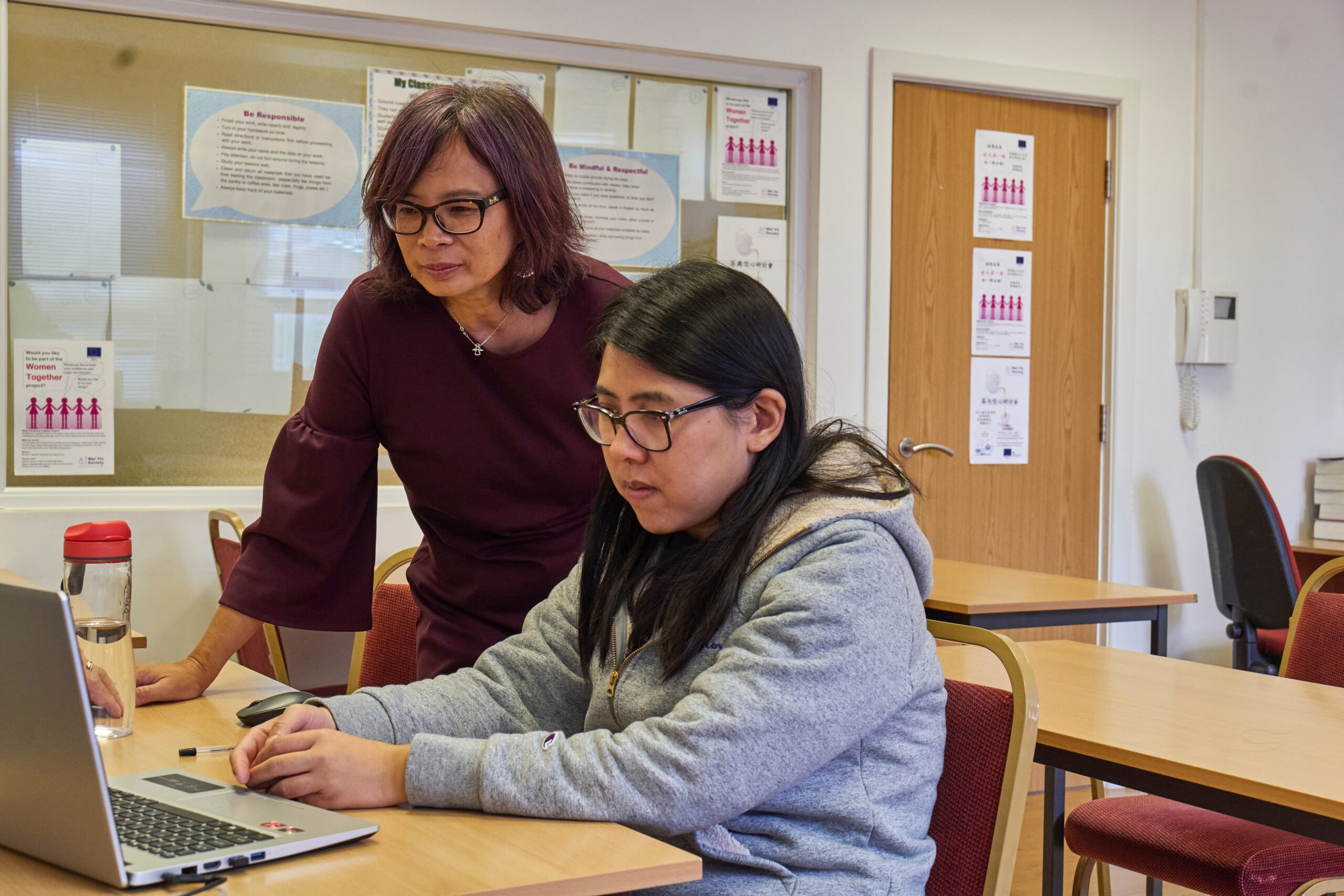Photo by Centre for Ageing Better on Unsplash
In academics, grades are the measure of knowledge and skills. Different educational institutions and boards use varying grading systems. One such grading system is the Cumulative Grade Point Average (CGPA). While CGPA provides an overall assessment of academic performance, there are situations where converting it into a percentage becomes necessary. This article will unravel how to convert cgpa to percentage, shedding light on why it matters and how to get it right.
Understanding CGPA
Before diving into the conversion process, you must clearly understand CGPA. It is a worldwide grading system in educational institutions. It’s a numerical representation of a student’s overall academic performance, typically on a scale of 4.0 or 10.0, depending on the institution or country.
Why Convert CGPA to Percentage?
Now, why convert CGPA to a percentage in the first place? Well, there are several compelling reasons:
Job Applications: Many employers require a percentage score for job applications. While some institutions provide CGPA and percentages on transcripts, others may not. Converting CGPA to a percentage ensures you meet job application requirements.
Higher Education: Some universities and colleges, especially abroad, have specific percentage-based admission criteria. Converting CGPA to a percentage helps you meet these requirements and pursue higher education.
Scholarships: Scholarship programs often have minimum percentage criteria. Converting your CGPA can make you eligible for various scholarship opportunities.
Competitive Examinations: For students preparing for competitive examinations, where admission or eligibility criteria may demand percentage scores, converting CGPA to a percentage becomes crucial. Competitive exams often set specific minimum percentage requirements for candidates. Whether it’s a civil services exam, engineering entrance test, or any other competitive endeavour, having a percentage score readily available streamlines the application process and eliminates potential eligibility hurdles.
The Conversion Formula
The conversion process might initially seem daunting, but it is quite straightforward. Here’s the formula to convert cgpa to percentage:
Percentage = (CGPA/Maximum CGPA) × 100
Practical Application: Now to illustrate the conversion process with an example. Suppose you have a CGPA of 8.5 on a scale of 10. To convert it to a percentage:
Percentage = (8.5/10) × 100 = 85%
Factors Affecting Conversion
While the formula is simple, there are factors to consider to ensure accurate conversion:
Maximum CGPA: Ensure you know the maximum CGPA achievable in your institution or system. It can be 4.0, 10.0, or another value.
Grading Scale: Different institutions may have varying grading scales, such as letter grades (A, B, C) or numerical grades (1 to 10). Understand your institution’s grading scale.
Weightage: Some institutions may assign different weightage to courses or semesters. Ensure you’re using the correct CGPA for the specific purpose.
Tips for Accurate Conversion
To avoid errors in your CGPA to percentage conversion, consider the following tips:
Verify the Maximum CGPA: Double-check the maximum CGPA in your institution’s grading system.
Use the Correct Scale: Ensure you use the right scale (e.g., 4.0 or 10.0) for your CGPA calculation.
Check Weightage: If your institution assigns different weightage to courses or semesters, factor this into your calculation.
Online Tools and Calculators: To simplify the conversion process, you can find online tools and calculators designed for this purpose. These tools consider different grading systems and scales, making getting an accurate percentage equivalent easier.
Conclusion
Converting CGPA to a percentage is a valuable skill, especially when you’re applying for jobs or higher education opportunities. It ensures that your academic achievements are accurately represented in a format familiar to institutions and employers. Remember to consider the factors that might affect the conversion, and if in doubt, utilize online tools to streamline the process. With this knowledge, you can confidently transition from CGPA to percentage and open doors to a world of academic and professional opportunities
